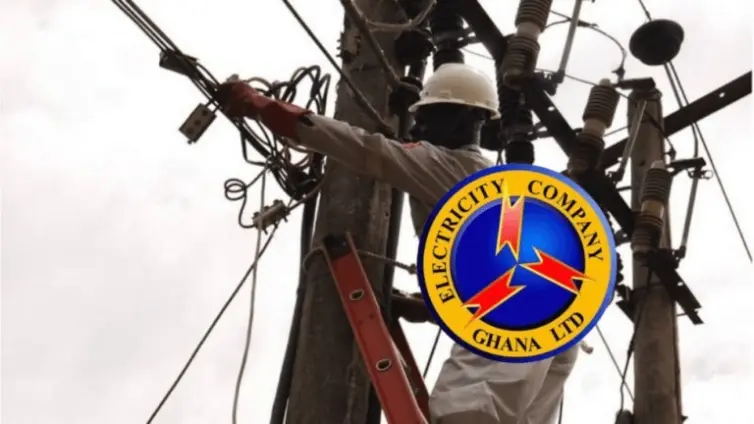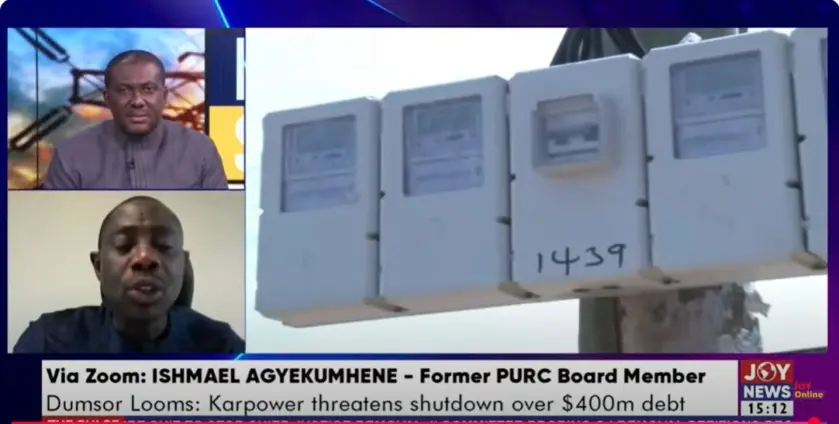The intermittent hum of generators has become a constant backdrop to life in Ghana, a stark reminder of the nation’s persistent power outages. Businesses grapple with lost productivity, households struggle with disrupted routines, and the overall economy feels the strain. But according to Ing. Harriette Amissah-Arthur, a leading energy expert, the recurring power sector challenges Ghana faces are not simply a matter of insufficient resources. In a recent interview on Newsfile, she argued that years of inaction and a lack of accountability lie at the heart of the problem. Her analysis comes at a critical time, as the Energy Minister has warned of an imminent energy crisis. Finding lasting solutions requires a frank assessment of these systemic issues that contribute to the Ghana energy crisis.
The Core Problem: Inaction and Lack of Accountability
“The problems we’re facing with our power sector are a combination of inaction on our part as Ghanaians,” Amissah-Arthur stated plainly. This inaction, she elaborated, manifests in several ways: delayed maintenance, failure to invest in infrastructure upgrades, and a general lack of proactive planning to meet growing energy demands. These missed opportunities have compounded over time, leaving the sector vulnerable to shocks and unable to deliver reliable power to consumers. The result is a chronic cycle of crises that undermine economic stability and public confidence.
Beyond infrastructure, Amissah-Arthur pointed to a “flawed model” that permeates the sector. This model, she explained, lacks basic principles of cost recovery and accountability. Without a clear understanding of the true cost of power generation and distribution, and without mechanisms to ensure that costs are recovered, the sector remains financially unsustainable. This flawed business approach contributes significantly to the recurrent financial woes that plague Ghana’s energy sector.
The Energy Minister’s recent warning about a looming power crisis, driven by fuel shortages and mounting debts to Independent Power Producers (IPPs), serves as a stark reminder of these deeper issues. While immediate financial pressures are undoubtedly a concern, Amissah-Arthur’s analysis suggests that these are symptoms of a more fundamental problem: a long-standing failure to address systemic inefficiencies and prioritize long-term planning.
Unaccounted Power: Where is the Electricity Going?
Amissah-Arthur highlighted a critical gap in the current system: the inability to accurately track energy consumption across different sectors of the economy. “How much power is being consumed by the hospitals? How much by the schools?” she asked. Without this granular data, it becomes impossible to effectively allocate resources, target subsidies, and identify areas where energy efficiency can be improved. The absence of clear consumption data obscures the true picture of energy demand and hinders effective policy-making.
The issue of subsidies, Amissah-Arthur argued, requires a more deliberate and transparent approach. Rather than ad hoc measures, she called for intentional policy decisions regarding who receives subsidies and how the costs are shared. A more equitable and transparent subsidy system could ensure that those who need assistance receive it, while also incentivizing responsible energy consumption and reducing the financial burden on the state.
Ultimately, Amissah-Arthur stressed the importance of accounting for every single unit of power generated. This includes not only tracking consumption but also minimizing losses due to non-payment and technical issues. Investing in improved infrastructure, smart metering technology, and more effective revenue collection systems can significantly reduce these losses and improve the overall efficiency of the power sector.
Addressing Procurement Inefficiencies and High Costs
Beyond consumption and distribution, Amissah-Arthur identified inefficiencies in procurement as a significant source of loss. Opaque procurement processes and a lack of competitive bidding can lead to inflated costs and reduced value for money. Addressing these issues requires greater transparency and adherence to best practices in procurement.
Amissah-Arthur specifically called for scrutiny of power procurement costs that exceed international benchmarks. If Ghana is paying more for power than other countries in the region, she argued, there needs to be a clear justification for the higher costs. Competitive bidding, transparent procurement processes, and rigorous contract negotiations are essential to ensuring that Ghana is getting the best possible value for its money when procuring power. This relates to power procurement Ghana and the high costs.
Independent Power Producers (IPPs) play a significant role in Ghana’s power sector. However, managing contracts and payments to IPPs presents significant challenges. Ensuring that these contracts are fair, transparent, and aligned with Ghana’s long-term energy needs is crucial for maintaining the financial stability of the sector.
In conclusion, the power sector challenges Ghana faces are multifaceted, stemming from a combination of long-term inaction, a lack of accountability, and inefficient practices. As Ing. Harriette Amissah-Arthur has emphasized, addressing these issues requires a deliberate, structured approach that prioritizes transparency, accountability, and strategic planning. By taking proactive steps to improve efficiency, reduce losses, and ensure value for money, Ghana can build a sustainable and reliable power sector that supports economic growth and improves the quality of life for all its citizens.
Image Source: MYJOYONLINE





















